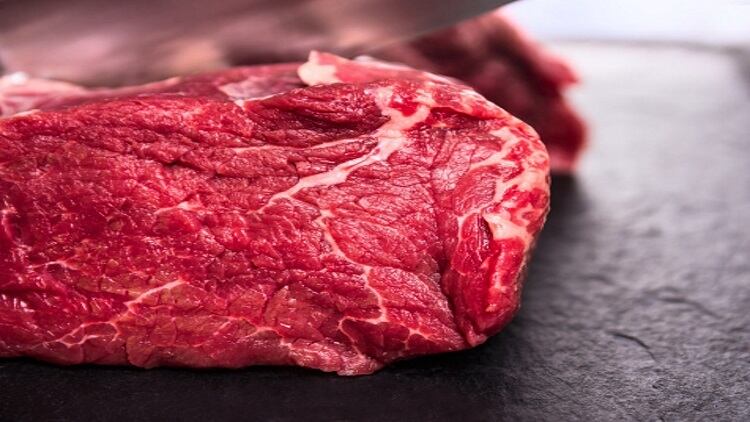The JBS Biodiesel plant in Mafra will have an area of 76,000m2 and will be responsible for producing 900 tons of biofuel per day. It will utilise waste materials from Seara's production chain, such as poultry and pork fat, to manufacture biofuel, with the aim of adding value to its waste.
JBS has previously reused of beef tallow and other inputs, such as recovered frying oil, for the production of biodiesel. With this new factory, it will expand its operations into the poultry and pork segments supply chain.
Once construction is finished, expected to happen in the first half of 2021, the site should generate 100 direct and around 300 indirect jobs in the region. Currently JBS Biodiesel operates two other plants, one located in Lins, São Paulo, and another in Campo Verde, Mato Grosso. With this third unit, it is expected to strengthen its position among the top ten biodiesel producers in Brazil. In 2018, JBS sold 260m litres of biofuel, 25% more than the 2017 volume of 210m litres.
In the Santa Catarina region, JBS already has more than 30 Seara operations in 18 municipalities, including poultry, pork, industrialized, feed mills, hatchery centres, logistics terminals and distribution centres, with around 16,500 employees and a network of 2,500 integrated producers.
On the new facility, director of JBS Biodiesel Alexandre Pereira said: “The company's bet on a new operation is in line with the positive horizon for the sector in Brazil. By 2023, from the RenovaBio program, the blend of biodiesel in the diesel composition will reach 15% with the entry of B15. With the new unit, JBS Biodiesel will more than double its production capacity and should exceed 600 million liters of biodiesel per year.”


